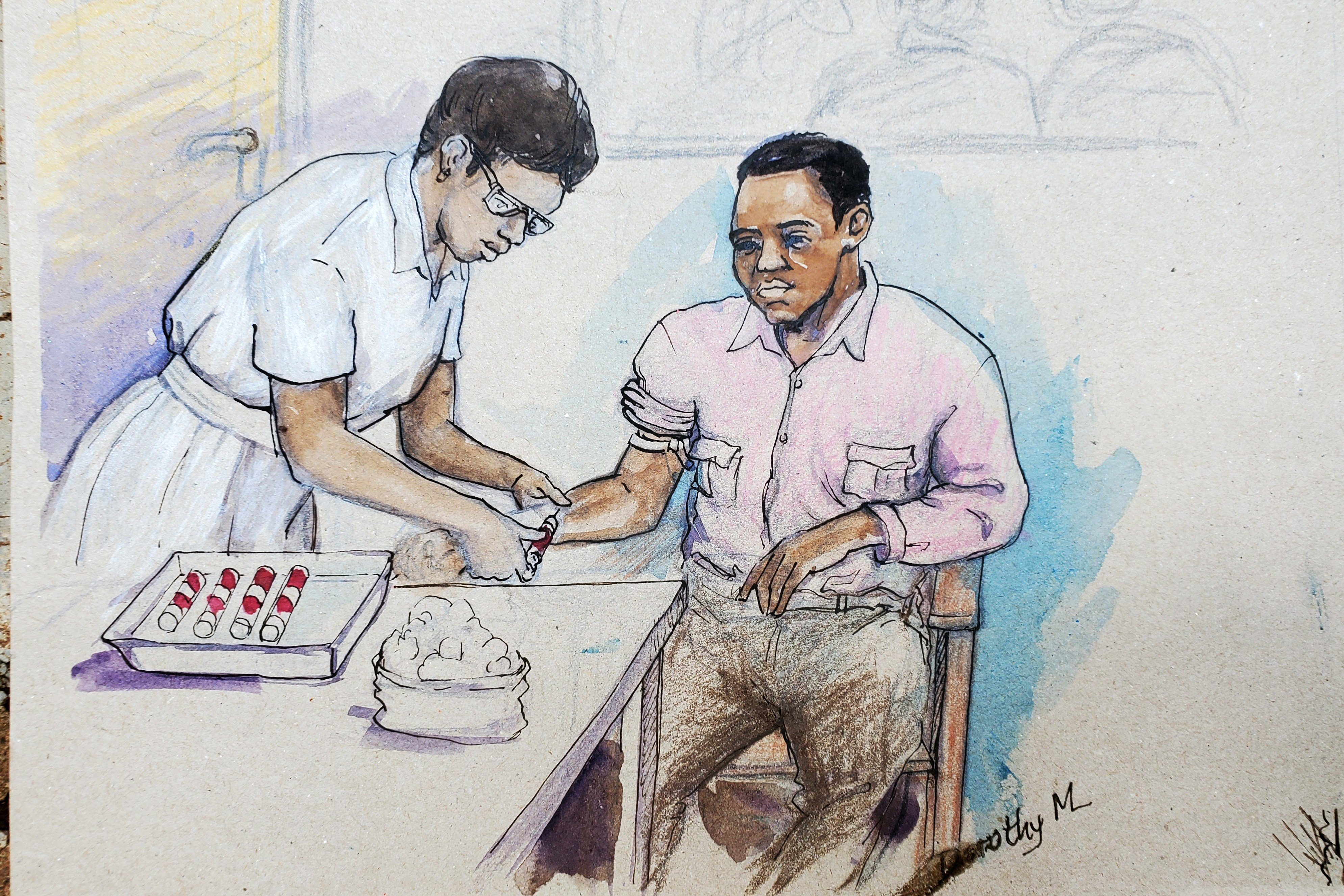Prime
Client fails to prove negligence in HIV misdiagnosis case

What you need to know:
No further evidence that AAR failed to exercise due care
Mr Denis Okaka sued AAR Health Services Limited in 2011 demanding Shs1b for medical negligence when he was misdiagnosed as HIV positive, not once but twice, by a medical laboratory under their care.
The first test was carried out on March 29, 2007 and the second was purported to have been done in May the same year.
Matter before court
The matter before court was whether the evidence adduced before it was adequate to sustain the claim of negligence.
Mr Okaka narrated to court his ordeal; how he came to the laboratory and had a test for HIV done which results turned out to be positive. He was given a copy of the results that he presented to court as evidence.
Mr Okaka’s lawyer supported his case by presenting to court the policy document and guidelines issued by the government on how an HIV test ought to be done. These were the pieces of evidence that Mr Okaka relied on to persuade court that AAR was negligent in carrying out the test.
Medical negligence
One key aspect to prove in a case of medical negligence is that there was a deviation from an accepted medical practice that caused harm or injury to the client. In this particular case Mr Okaka relied on the guidelines as the recommended and accepted medical opinion which the laboratory that carried out his HIV must have deviated from to arrive at the false results. After all another laboratory carried out 3 tests on him for HIV which all turned out as negative.
Court noted that carrying out an HIV test is a laboratory process and did not expected that a client has to be privy to the laboratory process and therefore did not expect Mr Okaka in person to give court details of how the laboratory failed him.
The guidelines
The guidelines require that a report of either positive or negative is given to the client. Court in this case expected, in terms of evidence, more than Mr. Okaka’s testimony. To court there was no evidence as to which test was actually carried out. And in this particular case there was no evidence that when the laboratory reported the test as positive, the laboratory did not go through the steps recommended in the guidelines.
It was the duty of Mr Okaka, through an expert witness, to obtain and lead such evidence. The allegation that the laboratory did not follow the recommended procedure for conducting an HIV test was therefore not proved and the allegation of negligence against AAR failed. Putting it another way, court found that AAR was not negligent in declaring that Mr Okaka was HIV positive when he in fact was HIV negative.
Verdict
Court probably expected Mr Okaka to call a technician person from the laboratory where the tests that showed he was HIV negative to give evidence on how the test was done and the negative result arrived at.
Such an expert would also have told court how a false positive test may arise. And the onus would then be on AAR to prove to court that the test that showed that Mr Okaka was HIV positive was not negligently carried out.
Another area of negligence that AAR was accused of was the failure to carry out an HIV confirmation test. Mr Okaka told court that he went back to the same laboratory in May 2007 to take a second test. He claimed that he also tested positive and that he was only informed of the result and was not given a report. In absence of the test result there was, therefore, no independent evidence that Mr. Okaka visited the laboratory for a second test in May 2007.
AAR also denied that particular visit. According to AAR Mr Okaka only returned to their facility in November 2007 and in July 2010, when he was told that he could not be availed the results of the test he took in May 2007 as AAR had overhauled its computer system.
Key fact
What court found hard to fathom was why Mr Okaka had to wait up to July 2010 to demand for the result of a test allegedly taken in May 2007. In absence of any evidence beyond Mr Okaka’s verbal claim, court considered that on the balance of probabilities, the burden of proving that the client went back in May 2007 for a confirmatory test was not executed. Court also ruled that, for avoidance of doubt, the impression held by Mr Okaka that the confirmatory test was to be conducted on the same day of the first test, after he tested positive, was a wrong one. To court this impression was based on a misconception of the methods recommended for HIV testing in the policy guidelines.
There was therefore no further evidence that AAR failed to exercise due care and diligence when conducting the HIV test on Mr Okaka in January 2007 thereby resulting in a false positive HIV diagnosis. Mr Okaka, once again, failed to convince court that AAR was negligent in this particular aspect.
To be continued




